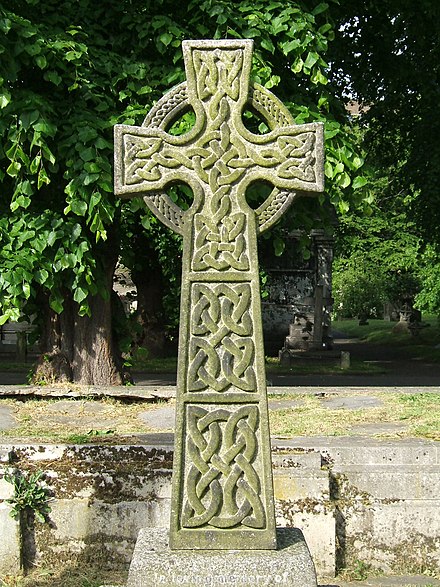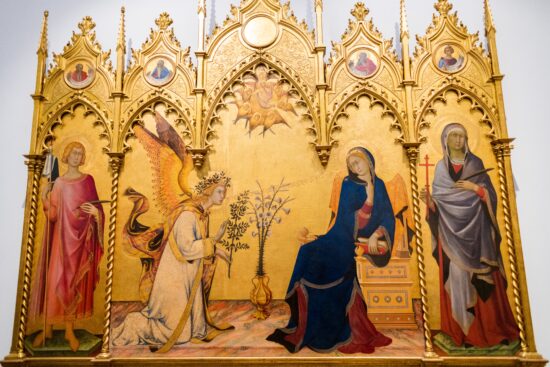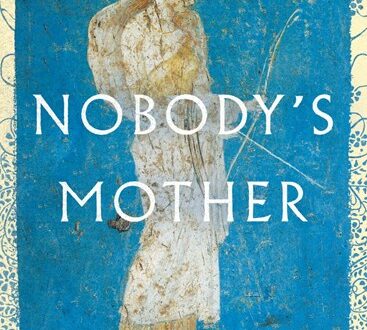
On the Trinity and Gender Hierarchy
Referencing the work of William Witt in Icons of Christ against such thinking, one of my students noted that some complementarians continue to argue that male-over-female hierarchy is rooted in the Trinity. But Witt argues that the fundamental issue of God’s nature is more important than anthropology (the study of humans). So, this student asked for clarification from Ver-lee Cheneweth, my teaching assistant who has made the Trinity and gender a subject of deep research. Here is Ver-lee’s response:
First, in Classical Trinitarianism there is no hierarchy in the Godhead. Second, we must not pattern male/female relationships after the interrelations of the members of the Godhead. Why? Because the Creator is greater than creation. Thomas Aquinas, in On Nature and Grace (Library of Christian Classics, Ichthus Edition, ed. and trans. A. M. Fairweather, The Westminster Press, p. 76) explains it this way:
“It is impossible for anything to be predicated of God and of creatures univocally because an effect which is not proportionate to the power of its active cause resembles its cause in an inadequate way. It does not have the same nature.”
Stay with me here. “Univocal” simply means “having only one possible meaning.” So, the following statements would be false because they lack the quality of being univocal: “human wisdom is the same as God’s wisdom”; “human fatherhood is the same as God’s Fatherhood”; “God must exist in community because we see how humans need community.” Why are these statements lacking in univocality? Because God is not a human.
God is Creator, the First Cause. Creation is only the effect that bears witness to Him. Indeed, God is the Cause, and humans are the effects. God is not like us; God’s nature is not the same as human nature. That’s why we must avoid making the mistake of reading human anthropology back into our understanding of God. Aquinas continues, “It is thus plain that the name ‘wise’ is not applied to God and to a man with the same meaning. This is true of other names also. No name is applied univocally to God and to creatures… We must therefore say that it is by way of analogy, that is, according to a relation of proportion, that such names are ascribed to God as well as to creatures” (p. 76–77).
Understanding how the church has historically spoken of God is vital because some today use a new approach to Trinitarianism that differs from Classical Trinitarianism—that is, some have altered what the Church has consistently taught about God the Father, God the Son, and God the Holy Spirit for almost 2,000 years.
Trinitarianism is the foundation, the ace in the hand (so to speak), for some who ascribe to patriarchy. Those who allow for alteration in the Trinity do so to argue for patterning the subordination of women in the home and church after what they view as a hierarchy within the Trinity. Some include in this male/female hierarchy the subordination of women in society at large (so having a “Queen Elizabeth” was a horrid mistake, in such a view).
But not everyone goes so far in their application. The spectrum of views is wide. Certainly, the Father sent the Son and the Son obeyed and took on human flesh, which is lower than the angels—in the incarnation. But only in the incarnation! In the Godhead, the Father, Son, and Spirit have equal authority because God is one.
Some claim that their precedent for the subordination of women to men is in the Son’s eternal subordination to the Father, seeing an eternal hierarchy in 1 Corinthians 11:3 that extends beyond the incarnation into the eternal past and future (1 Cor 15:24–28). For those who interpret Scripture this way, the alleged Eternal Subordination of the Son (ESS) proves women’s subordination to men. Some complementarians believe this way, but certainly not all. Those who do are more likely to be found in the USA than in other parts of Christendom.
This debate really made headlines about six years ago. You can read how women theologians engaged in the conversation about it here.



